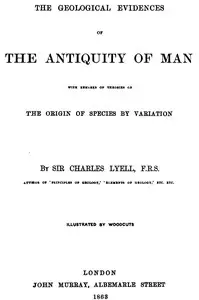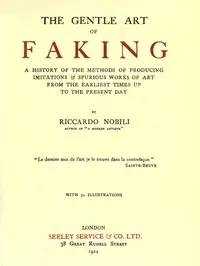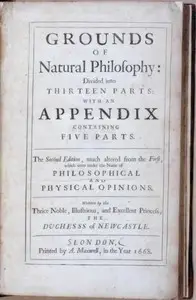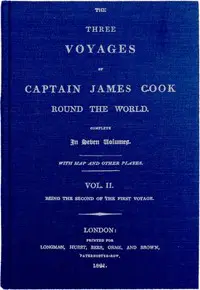"A Manual of Elementary Geology" by Sir Charles Lyell is a scientific publication written in the mid-19th century. This work serves as a foundational guide for understanding geology, focusing on the ancient changes of the Earth and its inhabitants as illustrated by geological monuments. The book is designed to assist students and enthusiasts in comprehending how natural processes have shaped the planet's geological structure over vast periods. The opening of the manual establishes the essential framework for geology, defining the science and describing the various classes of rocks based on their origin and age. Lyell discusses the distinction between aqueous and volcanic rocks, explaining how each type forms and their respective characteristics. He emphasizes the gradual changes that have occurred in the Earth's crust, highlighting the importance of fossils and stratification in understanding the history of our planet and its life forms. This introductory portion sets the stage for a detailed exploration of geological principles and phenomena that Lyell aims to elucidate in the subsequent chapters. (This is an automatically generated summary.)

A Manual of Elementary Geology or, The Ancient Changes of the Earth and its Inhabitants as Illustrated by Geological Monuments
By Charles Lyell
"A Manual of Elementary Geology" by Sir Charles Lyell is a scientific publication written in the mid-19th century. This work serves as a foundational ...
Sir Charles Lyell, 1st Baronet, was a Scottish geologist who demonstrated the power of known natural causes in explaining the earth's history. He is best known today for his association with Charles Darwin and as the author of Principles of Geology (1830–33), which presented to a wide public audience the idea that the earth was shaped by the same natural processes still in operation today, operating at similar intensities. The philosopher William Whewell dubbed this gradualistic view "uniformitarianism" and contrasted it with catastrophism, which had been championed by Georges Cuvier and was better accepted in Europe. The combination of evidence and eloquence in Principles convinced a wide range of readers of the significance of "deep time" for understanding the earth and environment.
















